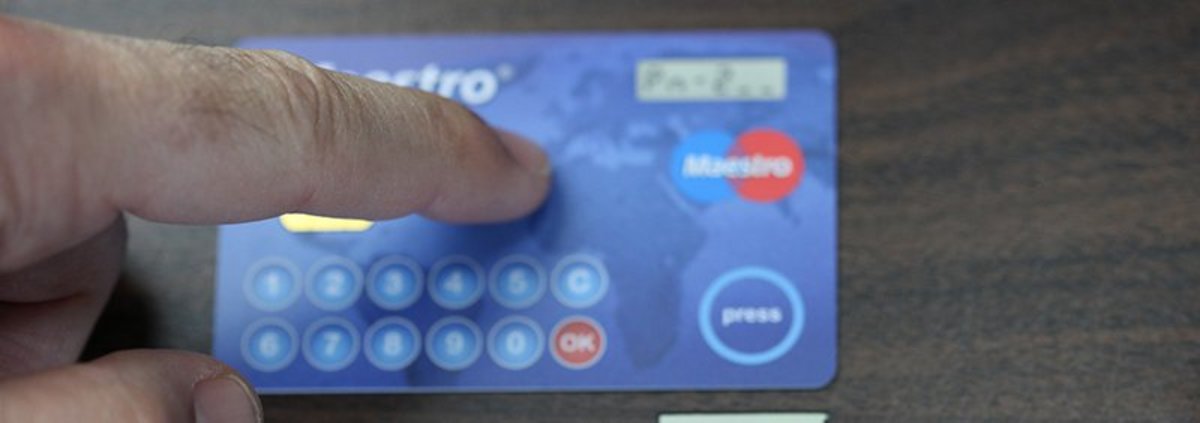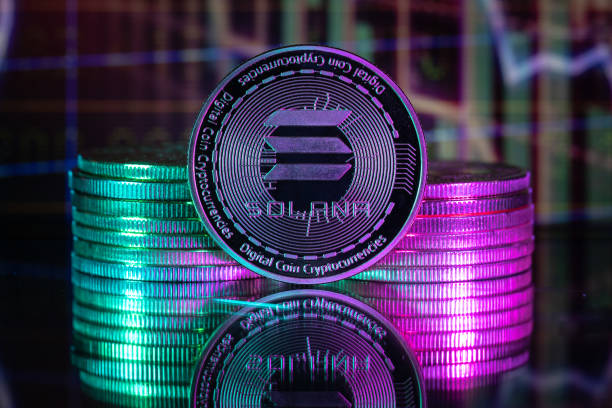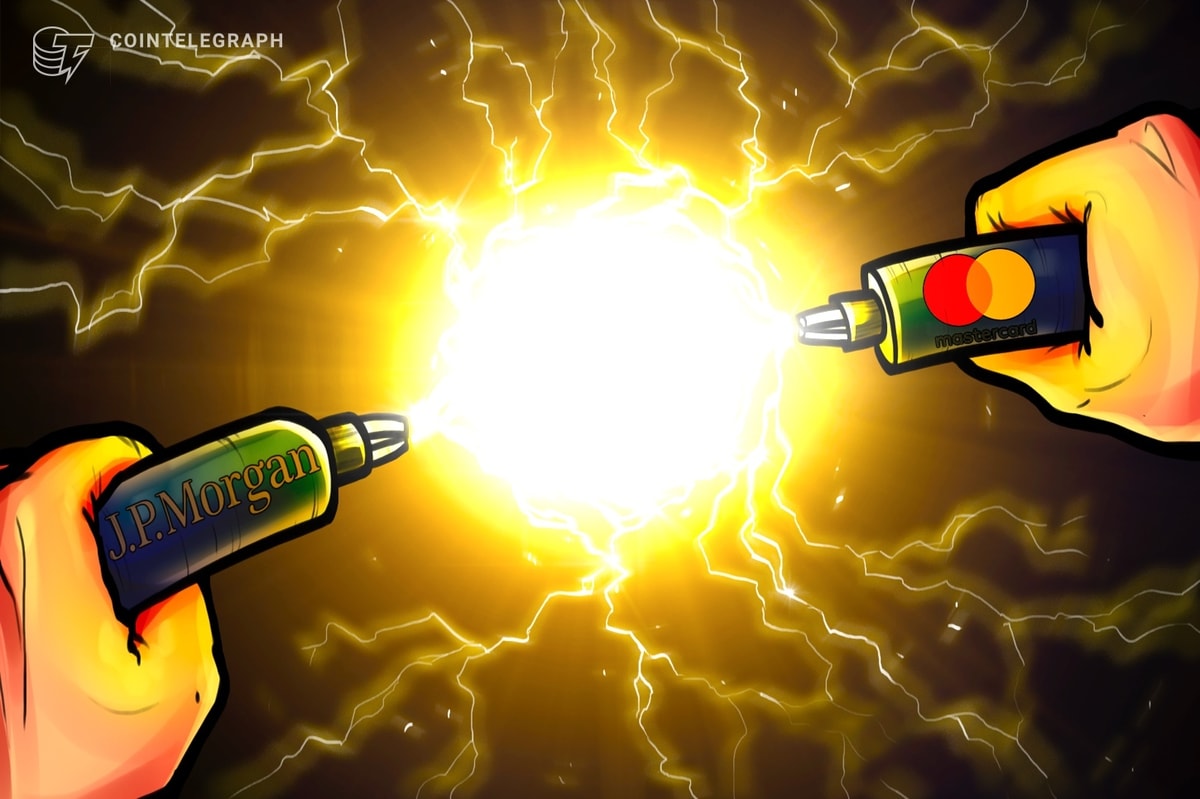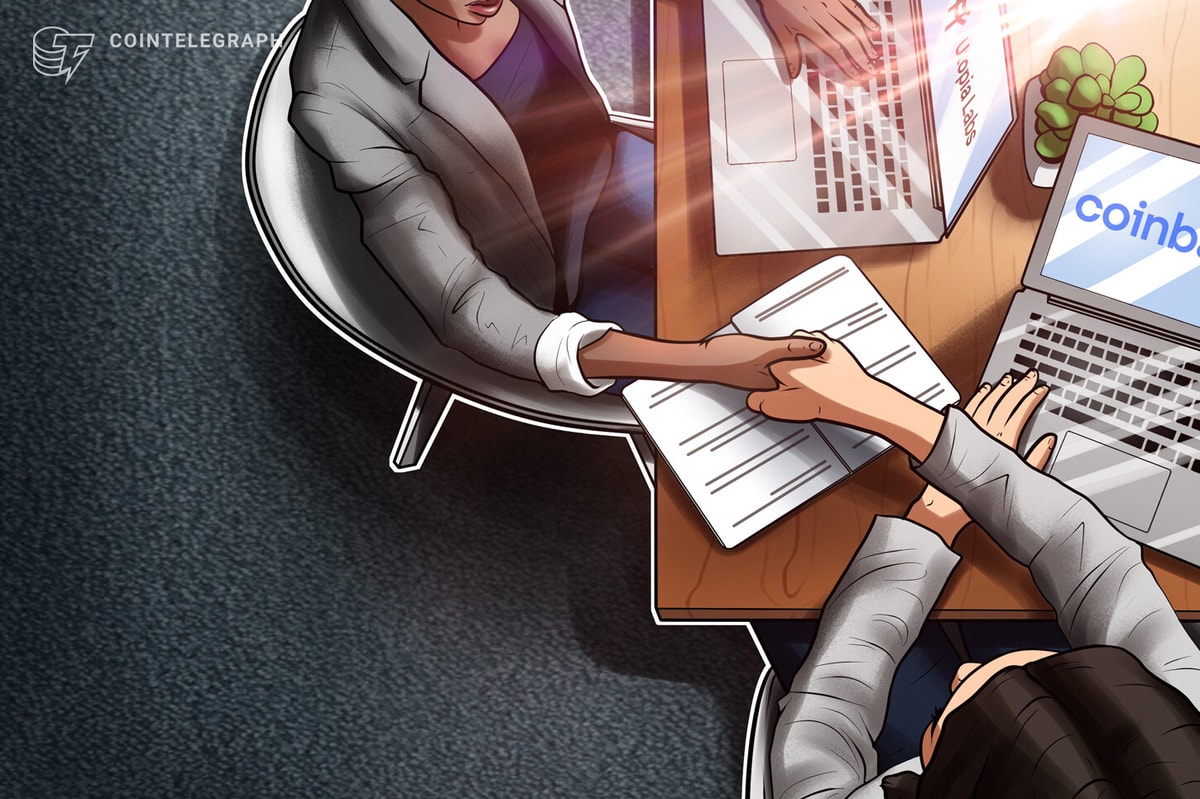
MasterCard has launched MasterCard Send, a personal payments service that enables funds to be sent quickly and securely to consumers domestically and internationally.
Now live for users in the United States, MasterCard Send permits sending secure real-time payments to consumers, both banked and unbanked. The recipients get the funds immediately on their MasterCard or other cards, into mobile money and bank accounts or via cash agent outlets.
“This unique platform will enable disbursements and person-to-person (P2P) payments to and from virtually any U.S. debit card account, including non-MasterCard debit cards,” notes the MasterCard announcement. “MasterCard Send is the only personal payments service that can reach virtually all U.S. debit card accounts and enable funds to be sent and received typically within seconds – far superior to existing solutions that either limit transfers within a closed-loop network or involve ACH [Automated Clearing House], which can take several days for funds to be received.”
MasterCard Send payments are routed through the MasterCard network. Some news outlets quickly remarked that a centralized payment solution can’t be P2P. In fact, MasterCard is using “P2P” in the sense of person-to-person, not peer-to-peer, so the claim seems technically correct. However, MasterCard Send is not P2P in the sense of BitTorrent or Bitcoin.
“Through MasterCard Send, we have enabled a breakthrough solution that takes the pain out of the system, provides faster clearing of payments, and delivers a better user experience for senders and receivers alike,” said MasterCard chief emerging payments officer Ed McLaughlin. “MasterCard Send is addressing a real need that exists in today’s digital world to enable consumers, businesses, governments and more to have a safe, simple and secure way to transfer and receive funds quickly.”
Barb King, a group head in the MasterCard Payment Systems Integrity Group, described the service to PYMNTS as “a breakthrough platform in the industry.” She said that that the service is being marketed to companies and institutions, rather than directly to consumers, and mentioned B2C (business-to-consumer) and G2C (government-to-consumer) use cases. The MasterCard announcement notes that insurance claims, rebates, e-marketplace payouts, social benefits and tax refunds can now be sent in real-time. However, nothing seems to prevent individuals from using the platform to send payments and remittances to other consumers.
MasterCard Send emulates one of the two main advantages of bitcoin payments – fast transactions that take minutes instead of days. Details on the business model and economics were not disclosed, so it isn’t clear if MasterCard plans to emulate the other mainstream advantage of bitcoin payments – cheap transactions.
The MasterCard announcement doesn’t mention Bitcoin, but King told PYMNTS that “consumers are much more comfortable giving their personal details to their financial institution than they are to many other types of entities,” and that is a big reason why she believes MasterCard Send is more appealing than the bitcoin protocol.
It’s clear that traditional payment processors won’t let bitcoin payments eat their lunch without a fight. Currently, MasterCard Send seems a strong competitor to centralized operators such as PayPal and Venmo, but not a competitor to peer-to-peer, decentralized bitcoin payments.
Photo: Credit card of future / CC BY 2.0










